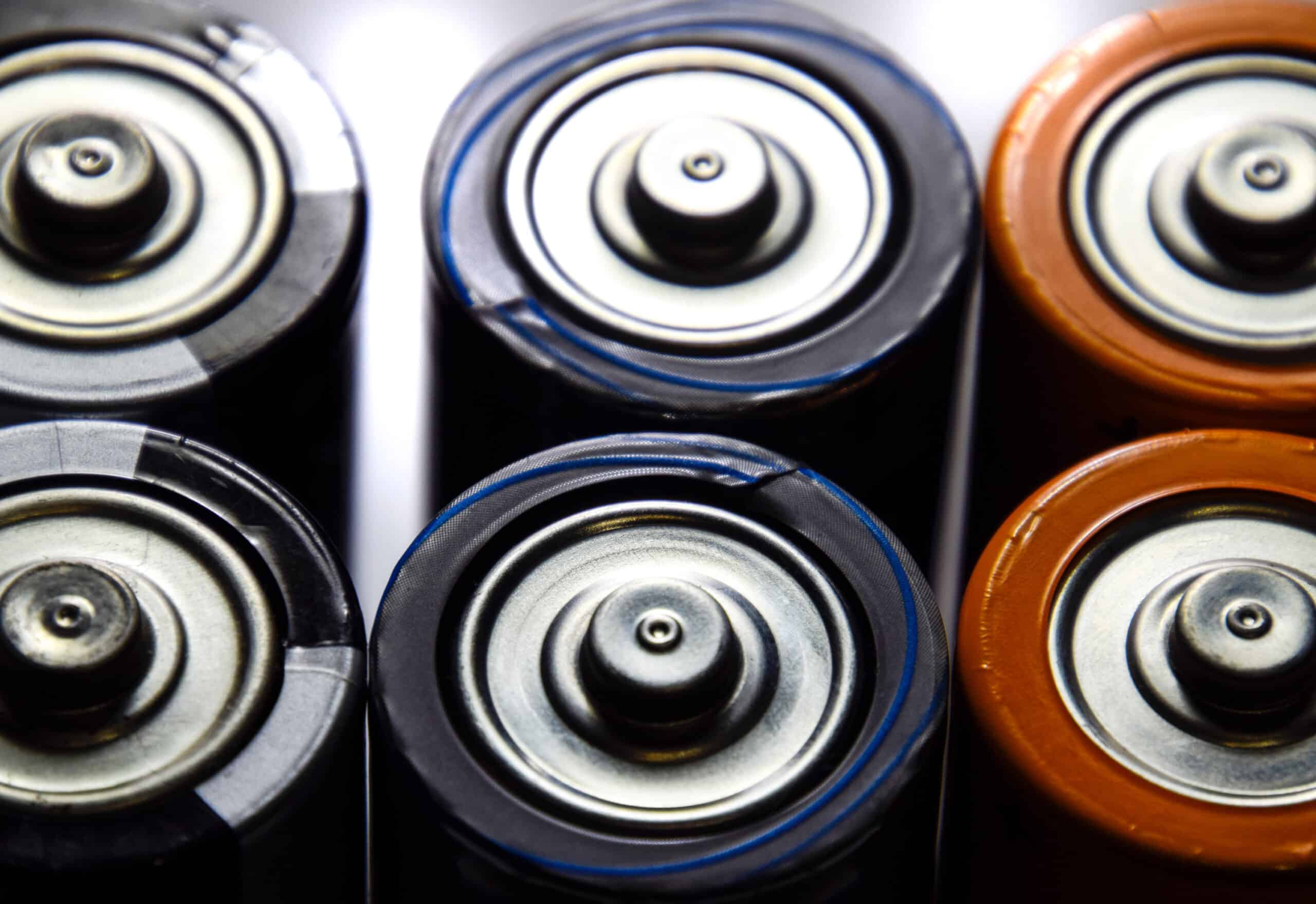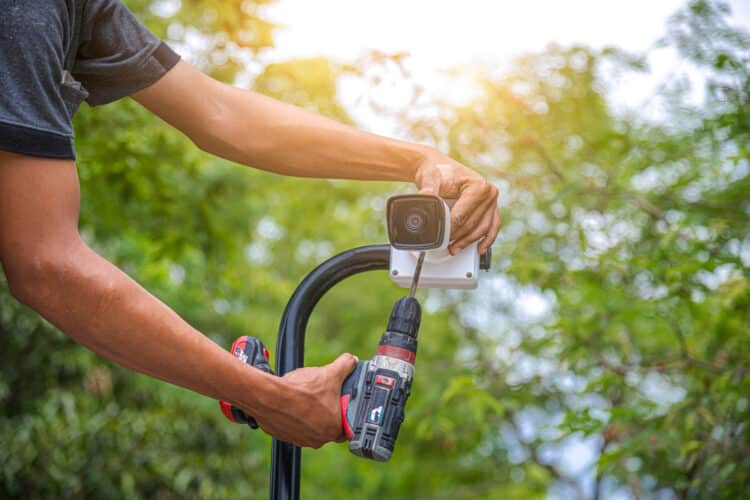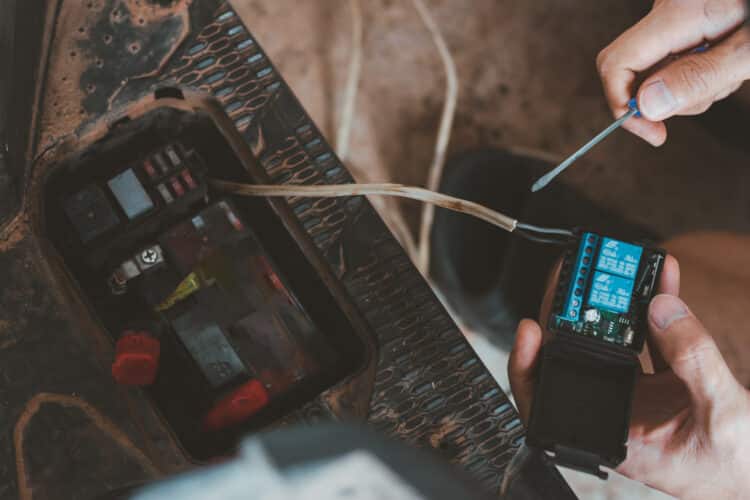Does Freezing a Lithium Battery Restore It?
Key Takeaways
- Freezing lithium-ion batteries can have detrimental effects on their performance, causing the battery cathode to crack and detach from other components and leading to a reduction in electric storage capacity.
- Cold temperatures impede the movement of lithium ions within the battery, causing them to not insert properly into the electrodes and resulting in the deposition of lithium metal on the electrode surface. This can potentially cause internal short circuits and battery fires.
- Freezing a lithium battery does not restore it or extend its overall lifespan. While freezing may have some positive effects on battery performance, it does not reverse degradation or repair the battery. Researchers are actively studying ways to improve lithium battery performance in cold temperatures through advancements in electrolytes and anode materials.
One question that often arises when it comes to lithium-ion batteries is whether freezing them can restore their performance. The freezing temperature undoubtedly has an impact on battery performance, but does it have the potential to revive a weak or deteriorating battery? Let’s delve into the details and explore the effects of freezing on lithium batteries.
Understanding the Impact of Freezing on Lithium Batteries
Storing lithium-ion batteries at sub-freezing temperatures can have detrimental effects on their performance. The cold temperatures can cause the battery cathode to crack and detach from other components, leading to a reduction in electric storage capacity (Stanford News). In fact, batteries stored at temperatures below zero degrees Celsius can lose up to 5% more of their capacity after 100 charges compared to batteries stored at warmer temperatures (Stanford News).
The reason behind this degradation lies in the behavior of lithium ions and electrolytes within the battery. Cold temperatures cause the electrolytes to flow more slowly, impeding the movement of lithium ions (CBS News). As a result, the ions may not insert properly into the electrodes, leading to the deposition of lithium metal on the electrode surface instead (CBS News). Excessive lithium deposition during charging can cause internal short circuits, potentially resulting in battery fires (CBS News).
However, it’s important to note that freezing a lithium battery does not restore it. While freezing may have some positive effects on battery performance, it does not reverse the degradation that has occurred over time or due to other factors (University of Michigan News). Freezing a battery cannot magically repair it or extend its overall lifespan (SoftHandTech).
Effects of Freezing on Battery Lifespan
While freezing a lithium battery may not restore it, some argue that it can extend the battery’s lifespan. Freezing lithium batteries can alleviate stress, slow down chemical reactions, reduce self-discharge, and prevent charge loss over time (CM Batteries). Some even claim that freezing can revive weak or dead batteries (CM Batteries). However, it’s crucial to take these claims with a grain of salt and consider the potential risks involved.
Properly sealing the battery in an airtight bag before freezing is essential to prevent moisture damage (CM Batteries). Moisture can corrode the battery’s internal components and cause irreversible damage. Therefore, if you choose to freeze a lithium battery, it is important to follow the recommended precautions and ensure the battery is well protected from moisture.
Research and Development for Cold Temperature Performance
Researchers are actively studying ways to improve lithium battery performance in cold temperatures. Some studies suggest using alternative electrolytes that can perform better in freezing conditions (CBS News). Additionally, advancements in battery particle structures and the use of bumpy carbon-based materials in the anode have shown promise in maintaining rechargeable storage capacity at extreme cold temperatures (ACS PressPac).
Researchers have discovered that the traditional graphite anode becomes sluggish in cold temperatures, resulting in decreased charge holding capacity and rapid energy drainage (ACS PressPac). By replacing the graphite anode with a bumpy carbon-based material, it is possible to maintain stable charging and discharging even at extremely low temperatures (ACS PressPac). This innovation could significantly improve lithium battery performance in extreme cold conditions, leading to longer driving ranges for electric vehicles and extended battery life for various applications (ACS PressPac).
Conclusion
In conclusion, freezing a lithium battery does not restore it in the sense of reversing degradation or extending its overall lifespan. While freezing may have some positive effects on battery performance, it is crucial to exercise caution and follow proper procedures to prevent moisture damage. Researchers are actively working on improving battery performance in cold temperatures, with advancements in alternative electrolytes and innovative anode materials showing promise. It is important to stay updated on the latest research and technological advancements to ensure optimal performance and longevity of lithium-ion batteries.
Related Websites:
FAQs:
Q: What causes lithium battery degradation?
Lithium battery degradation can be caused by various factors, including aging, usage patterns, and environmental conditions. Over time, the battery’s capacity and overall performance may decrease.
Q: Can freezing a lithium battery restore its functionality?
Freezing a lithium battery is believed to have the potential to temporarily restore its capacity and extend its lifespan. However, there are also risks of moisture damage, condensation, or thermal shock, which can harm the battery.
Q: What are the benefits of freezing a lithium battery?
Freezing a lithium battery can provide temporary capacity recovery and potentially extend its lifespan. It may be beneficial in certain situations where immediate performance improvement is needed.
Q: What are the drawbacks of freezing a lithium battery?
While freezing a lithium battery can have benefits, it also carries risks. Moisture damage, condensation, or thermal shock can occur during the freezing process, potentially causing harm to the battery.
Q: How can I maintain the optimal condition of my lithium batteries?
To maintain the optimal condition of lithium batteries, it is recommended to follow these best practices: store them properly, use them regularly, and avoid exposing them to extreme temperatures. It is also crucial to adhere to the manufacturer’s guidelines for battery care.





